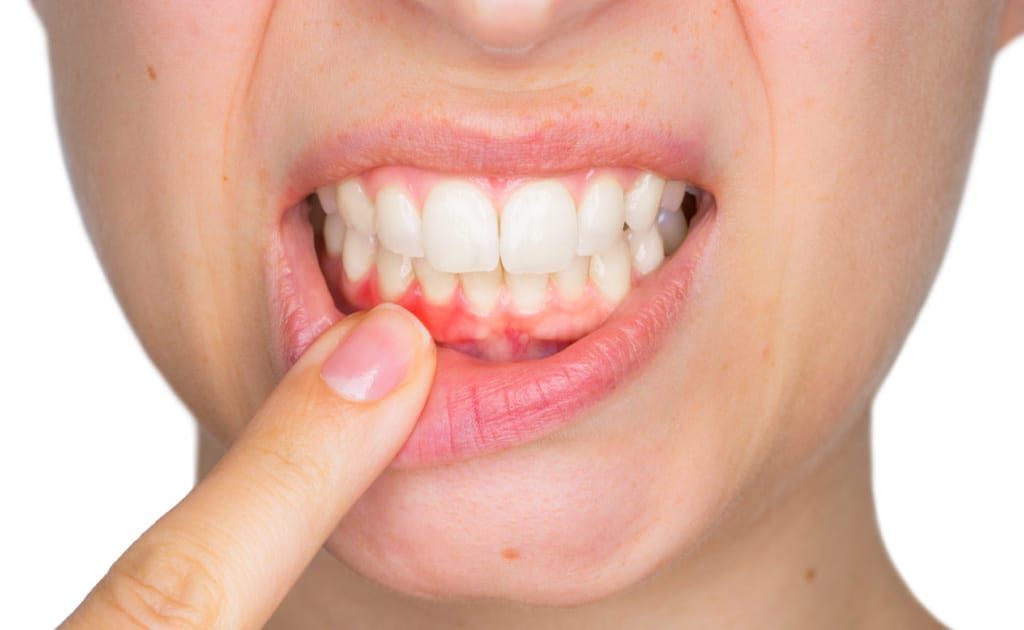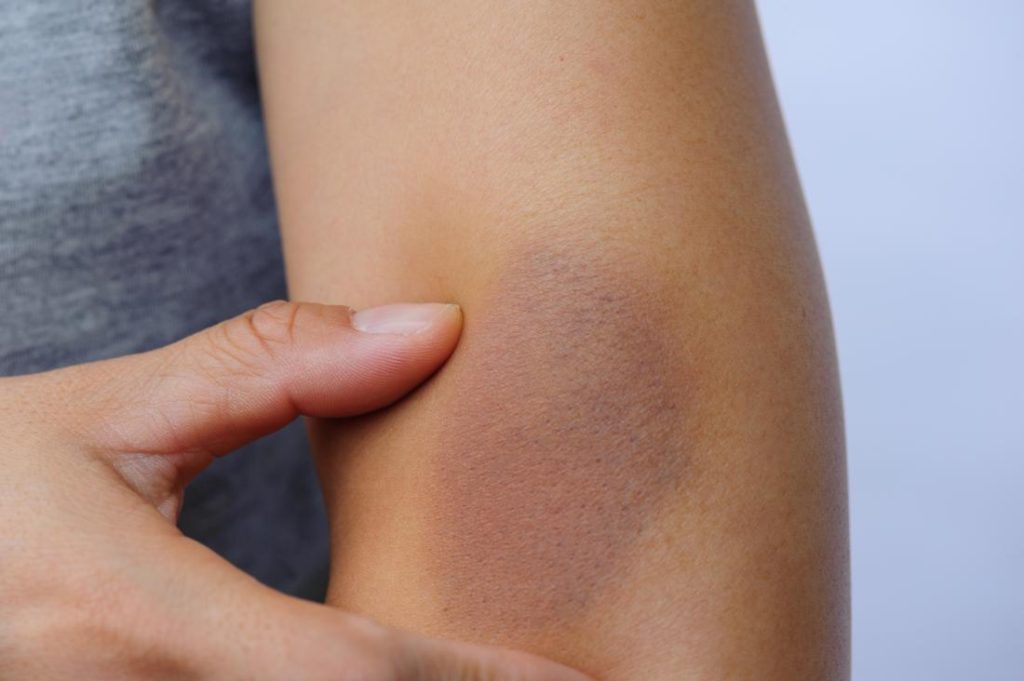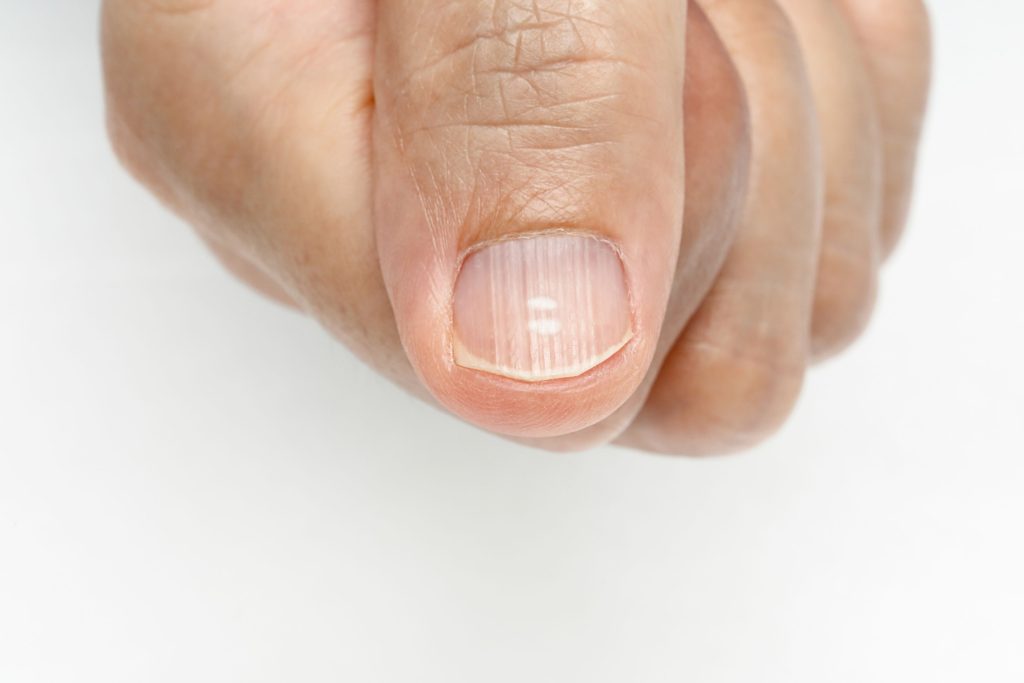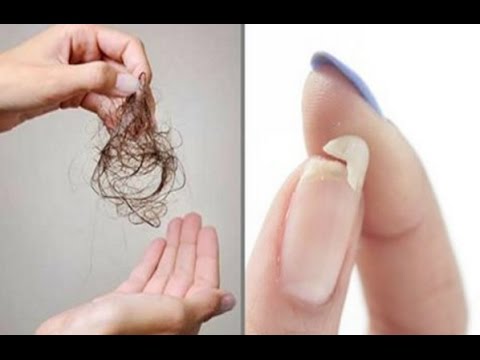A healthy diet should have a good balance of the right macro and micronutrients.
The macronutrients are the carbohydrates, proteins and fats, while the micronutrients are the vitamins and minerals which our bodies need to function properly.
However, in the busyness of life, a healthy diet can sometimes fall by the wayside. When you have a busy schedule,it is sometimes easier to buy fast food which is most times not healthy or contains the right amount of micronutrients and this along with other factors can lead to a vitamin deficiency. If you have found yourself straying from making healthy food choices, you may notice your body complaining. Here are several signs that your body is alerting you to vitamin deficiency, and how you can make sure your body gets the nutrients it needs.
Bleeding Gums
Overly vigorous tooth brushing or sudden attention to brushing and flossing when dental hygiene has been ignored can cause bleeding gums. But if overzealous brushing is not the culprit, lack of vitamin C may be. Vitamin C is key to wound repair and a healthy immune system. The Recommended Dietary Allowance (RDA) of vitamin C is 60 mg per day. Citrus fruits (oranges, lemons, grapefruit) are high in vitamin C, but other rich sources of this vitamin include broccoli, cantaloupe, peppers, strawberries, and tomatoes.

Brittle Hair and Nails
Hair that has thinned and lost its luster and nails that have become brittle may be indicators of low levels of B vitamins and folic acid. Rich sources of folic acid include green leafy vegetables like ugu, enriched whole grain cereals or breads, and beans or legumes. Dull, brittle hair and nails may also indicate deficiencies in healthy fats. Avocados are rich in the healthy fats your body needs as well as being a good source of biotin (vitamin B7).
Bruising
Skin that bruises easily may be a sign of deficiency in vitamin C, iron, and vitamin K. Vitamin C is important in wound healing. Vitamin K is an important factor in blood clotting. Iron is a necessary component of red blood cell formation, immunity, and wound repair. Dark green vegetables like spinach, broccoli, kale, and collards are rich sources of all three of these necessary nutrients. Iron can also be obtained through beans, peas, lean meats, and whole grains.

Fingernail Ridges
Vertical lines or ridges in the fingernails can be symptoms of a lack of hydration. They could also be indicators of a deficiency in certain vitamins and minerals. Calcium is important for the formation of strong bones and teeth. It also aids in the contraction and relaxation of blood vessels. Good sources of calcium are dairy products, fortified soy milk, and green vegetables like spinach and kale. Vitamin A is also important for the development of strong skin and bones. It can be found in pumpkin, red peppers, and sweet potatoes.

Muscle Cramps
Painful leg cramps or muscle spasms can wake you in the night and leave you writhing on the floor seeking relief. These involuntary muscle spasms can be related to muscle fatigue, or they may seem to come out of the blue. A lack of magnesium and potassium can contribute to these painful muscle contractions. Magnesium plays a part in the contraction of muscles. It can be found in many foods, including fruits, vegetables, dairy products, and whole grains. Potassium also aids in muscle contraction. Bananas, oranges, milk, and spinach are all foods that are rich in potassium.
Restless Leg Syndrome
Restless leg syndrome is a phenomenon in which uncomfortable “pins and needles” or itchy sensations cause a person to feel the need to move their legs to gain relief. These sensations commonly happen in the evening or in bed at night, preventing restful sleep. There are many possible causes of this syndrome, and iron deficiency may play a part. If you suffer from these unpleasant sensations, make sure your diet contains the RDA of 18 mg per day. Iron-rich foods include lean meats, poultry, seafood, legumes, and dark green vegetables.

As you can see above, most of these essential vitamins and minerals can be found in foods, so if you’re able to eat a balanced diet you should not lack any of these micronutrients. However if you do start to experience any of the symptoms above, it would be wise to see your doctor for confirmation by running a few tests and you may need to take supplements to provide your body the necessary vitamins.







